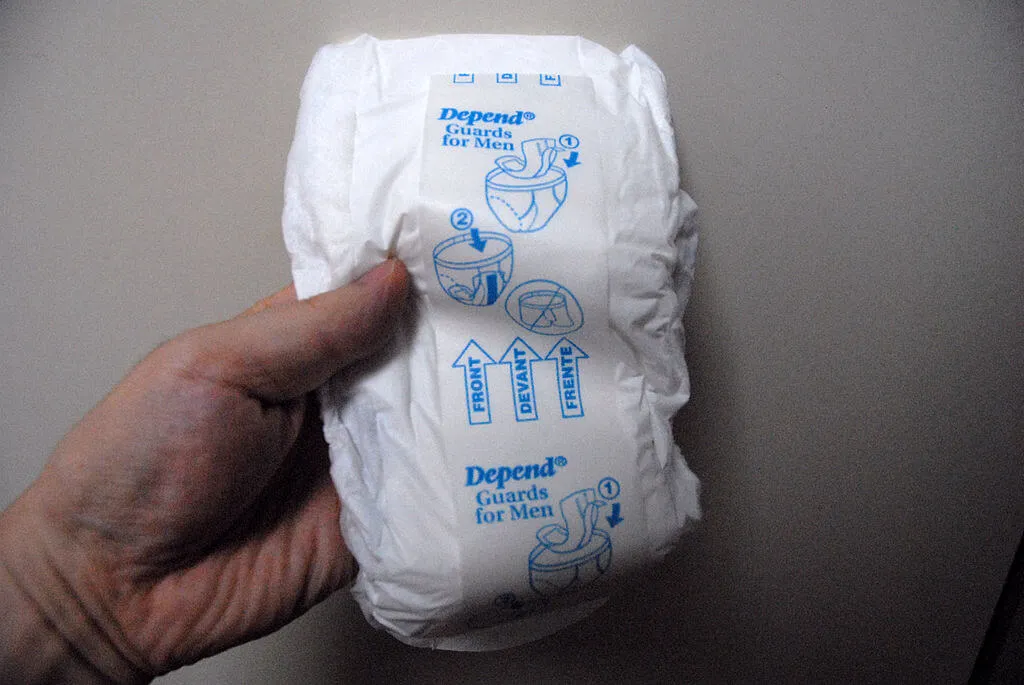In today’s fast-paced education system, it’s no secret that mathematics can be a tough subject for many young learners. Concepts like multiplication, division, fractions, and problem-solving become increasingly difficult as children move up in primary school. That’s where support beyond the classroom becomes essential—not as a crutch, but as a bridge to better understanding, confidence, and long-term success.
One increasingly popular solution is math tuition primary programs, which are specifically designed to help children at the foundational stage of their education. These tuition sessions offer targeted guidance, personalised attention, and structured learning that help students overcome challenges and build a strong grasp of mathematical concepts.
Understanding the Struggles in Primary Math
At the primary level, students are expected to grasp a wide range of foundational topics. These include place value, number bonds, times tables, geometry, and word problems. Many children face difficulties because:
- They learn at different paces.
- Classrooms are often too large for individual attention.
- Some kids lose confidence after repeated failures.
- Parents may not always have the time or skills to help at home.
These struggles, if not addressed early, can snowball into more serious issues in higher grades. When a child fails to understand basic math concepts, they may start avoiding the subject altogether. This can affect their overall academic performance.
The Role of Primary Math Tuition
Math tuition provides a focused, one-on-one or small group environment where a child can learn at their own pace. Tutors assess the student’s strengths and weaknesses and tailor their approach to fill in the learning gaps. Here’s how tuition makes a difference:
1. Customized Learning Plans
Unlike in a regular classroom, tuition sessions are built around the student’s current level. Whether your child is struggling with subtraction or needs help tackling word problems, the lessons are adjusted accordingly.
2. Personalized Attention
Every student learns differently. Some are visual learners, while others grasp concepts better through repetition or practical examples. A private tutor can cater to a child’s learning style and pace, which is nearly impossible in a large classroom.
3. Confidence Building
Many students shy away from asking questions in school due to fear of embarrassment. In a tuition setting, they feel more comfortable expressing doubts. This open communication boosts their self-esteem and helps them enjoy learning again.
4. Strengthening Fundamentals
Tuition helps reinforce the basics—those essential building blocks that many students tend to overlook. When children are confident in basic math skills, more advanced topics become easier to manage.
5. Exam Preparation
Primary school exams can be a source of stress, especially for students who aren’t confident in math. A good tutor not only reviews syllabus content but also teaches exam strategies like time management, spotting keywords in word problems, and tackling multiple-choice questions effectively.
Choosing the Right Math Tuition
Not all tuition centers or private tutors are created equal. It’s important to consider a few key factors when selecting a tutor for your child:
- Qualifications and experience: Does the tutor have a background in teaching or tutoring children in primary math?
- Approach to teaching: Are the lessons interactive and engaging?
- Flexibility: Can the tutor adapt lessons based on your child’s progress?
- Feedback and communication: Do they keep parents updated on the child’s performance?
Some parents prefer group tuition centers, while others opt for home tuition or online lessons. What works best depends on your child’s personality and the learning environment they’re most comfortable in.
Benefits Beyond Grades
While better grades are a clear advantage, math tuition also encourages critical thinking, patience, and problem-solving skills. These traits go beyond academics and are valuable in everyday life.
- Logical thinking: Math teaches kids how to think in a structured, logical way.
- Decision making: Understanding numbers and patterns helps children make better decisions in daily tasks.
- Discipline and consistency: Regular tuition develops a routine, encouraging responsibility and focus.
Real Stories, Real Results
Parents across the world are witnessing the positive changes in their children thanks to primary math tuition. For example, a mother shared how her son, once fearful of fractions, now eagerly completes his math homework. Another father noted his daughter’s transformation from an average student to topping her class—all within a year of dedicated tutoring.
Tips for Parents
If you’re thinking about enrolling your child in math tuition, here are a few tips to make the experience more fruitful:
- Start early: The sooner the gaps are identified and addressed, the better.
- Stay involved: Regularly check in with both your child and the tutor.
- Encourage practice: Supplement tuition with practice worksheets and fun math games.
- Focus on progress, not perfection: Improvement takes time, so celebrate small wins.
Final Thoughts
Primary school is the foundation of a child’s academic life, and math is one of its core pillars. By investing in math tuition for primary students, parents are not just aiming for higher test scores—they’re nurturing a mindset of curiosity, confidence, and lifelong learning.
Education is never one-size-fits-all, and that’s especially true in mathematics. Each child has their own rhythm, their own style of learning. A good tutor understands that, and with the right guidance, any child can develop a strong grasp of numbers. So if you’ve been considering math tuition for your child, now might be the perfect time to make that move.

















